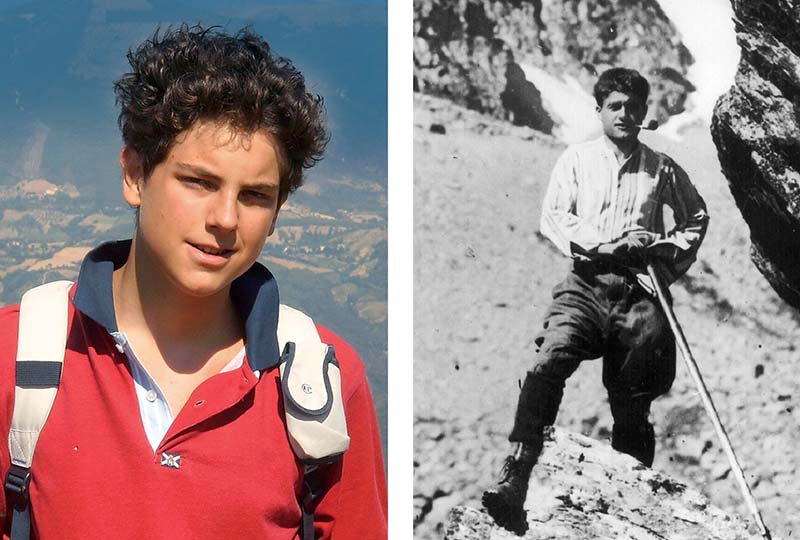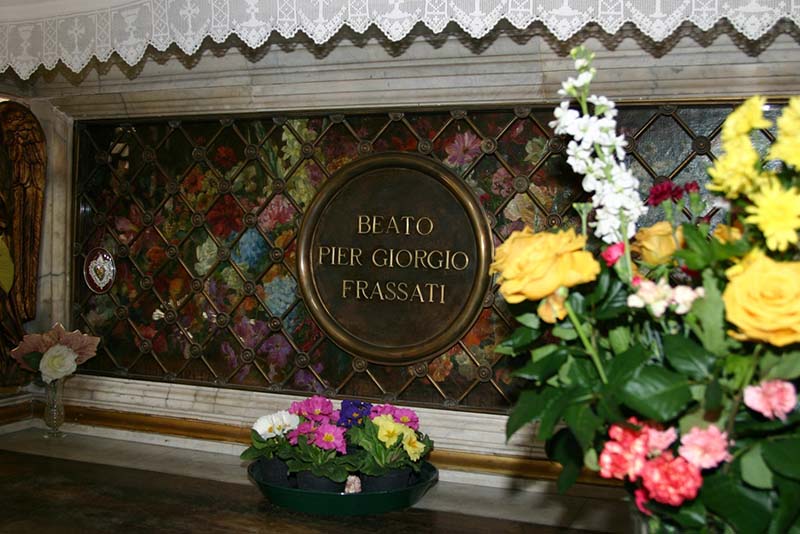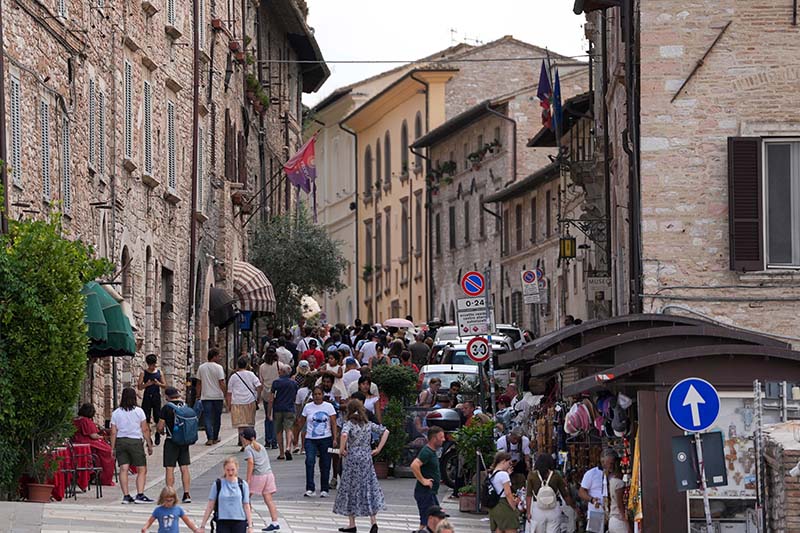VATICAN CITY (CNS) — Pope Leo XIV will preside over his first canonization Mass Sept. 7, declaring the sainthood of two young Italians whose devotion to the Eucharist nourished a deep involvement in the cultures of their day.
Pier Giorgio Frassati was born April 6, 1901, in Turin and died there July 4, 1925, of polio at the age of 24. Carlo Acutis was born to Italian parents May 3, 1991, in London and died in Monza, Italy, Oct. 12, 2006, of leukemia at the age of 15.
Pope Francis had been scheduled to canonize Blessed Acutis in April during the Jubilee of Adolescents and to canonize Blessed Frassati in early August during the Jubilee of Young Adults.
Timing of canonizations sends message
While Christine Wohar, founder and executive director of FrassatiUSA, initially was disappointed that the canonizations were delayed, she told Catholic News Service that Pope Leo declaring them saints at a Mass apart from the jubilees also sends a message.
Their lives “are not really a message for just teenagers or young adults. They are a message for every Catholic,” she said. “You do not have to be 15 or 24, you just have to be somebody who is serious about living your Catholic faith.”
For Father Primo Soldi, a Turin priest and author of a biography of Frassati, the two young men are united by “a deep faith firmly tied to real life who arrived at the perfection of Gospel living, that is, they lived faith, hope and charity and the other cardinal virtues in a heroic way.”
They lived their ordeal with joy, faith
“Just think about how both of them lived the ordeal of their illnesses and death — like saints: Carlo with the joy and faith with which he faced his treatment and Pier Giorgio with the patience with which he endured the agony of those few days” between the onset of symptoms and his death, Father Soldi told CNS.
Frassati and Acutis both had a deep devotion to the Eucharist and went to Mass every day.

In 1905, just four years after Frassati was born, St. Pius X published the decree “Sacra Tridentina Synodus,” encouraging frequent, even daily reception of the sacrament at a time when many Catholics received only a few times a year.
One of his Jesuit high school teachers encouraged him to go to Mass each day, receive the Eucharist and spend time in adoration.
Real relationship with Jesus
For Frassati, Father Soldi said, it was not simply Eucharistic devotion but the entryway into a real relationship with Jesus and, as Frassati himself said, one that became the nourishment he relied on as he helped the poor, discerned the path of his life and became involved in politics and the struggle against the growth of fascism in Italy.
The same could be said for Acutis, who is well known for the database on global Eucharistic miracles he complied as a young tech-savvy student.
Cardinal Agostino Vallini, Pope Francis’ delegate at Acutis’ beatification in 2000, said the young man’s strength came from “having a personal, intimate and deep relationship with Jesus,” one in which the Eucharist was “the loftiest moment.”
His was ‘a luminous life’
Acutis “never withdrew into himself but was able to understand the needs of people, in whom he saw the face of Christ,” the cardinal said at his beatification. His was “a luminous life offered completely to others as Eucharistic bread.”
Prayer and service to others went hand in hand for both Frassati and Acutis. Both also endured teasing and misunderstanding because of their devotion but gently challenged their peers to embrace faith.
Living a little bit longer and in the tumultuous period between World War I and the rise of fascism in Italy, Frassati had more time to prepare for his vocation — he wanted to be a mining engineer and work with miners, who were among the poorest workers in the region.
He was born when Pope Leo XIII was pope and he studied “Rerum Novarum,” the encyclical published in 1891 that launched Catholic social teaching and focused particularly on the rights of poor workers. And Frassati joined the Italian Popular Party, founded by Father Luigi Sturzo and based on Catholic social principles.
‘What gave him humanity … was Jesus’
“What gave him a humanity that was so rich, alive, complete, full and happy ultimately was Jesus,” Carlo Tabellini, a 38-year-old lawyer in Turin and member of the Pier Giorgio Frassati Cultural Center, told CNS.
When Pope Leo XIV celebrated Mass with a million people attending the Jubilee of Young Adults Aug. 3, he urged them to follow Jesus and do something great with their lives, improving themselves and the world.

“Let us remain united to him, let us remain in his friendship, always, cultivating it through prayer, adoration, Eucharistic Communion, frequent confession and generous charity following the examples of Blessed Piergiorgio Frassati and Blessed Carlo Acutis who will soon be declared saints,” the pope said.




